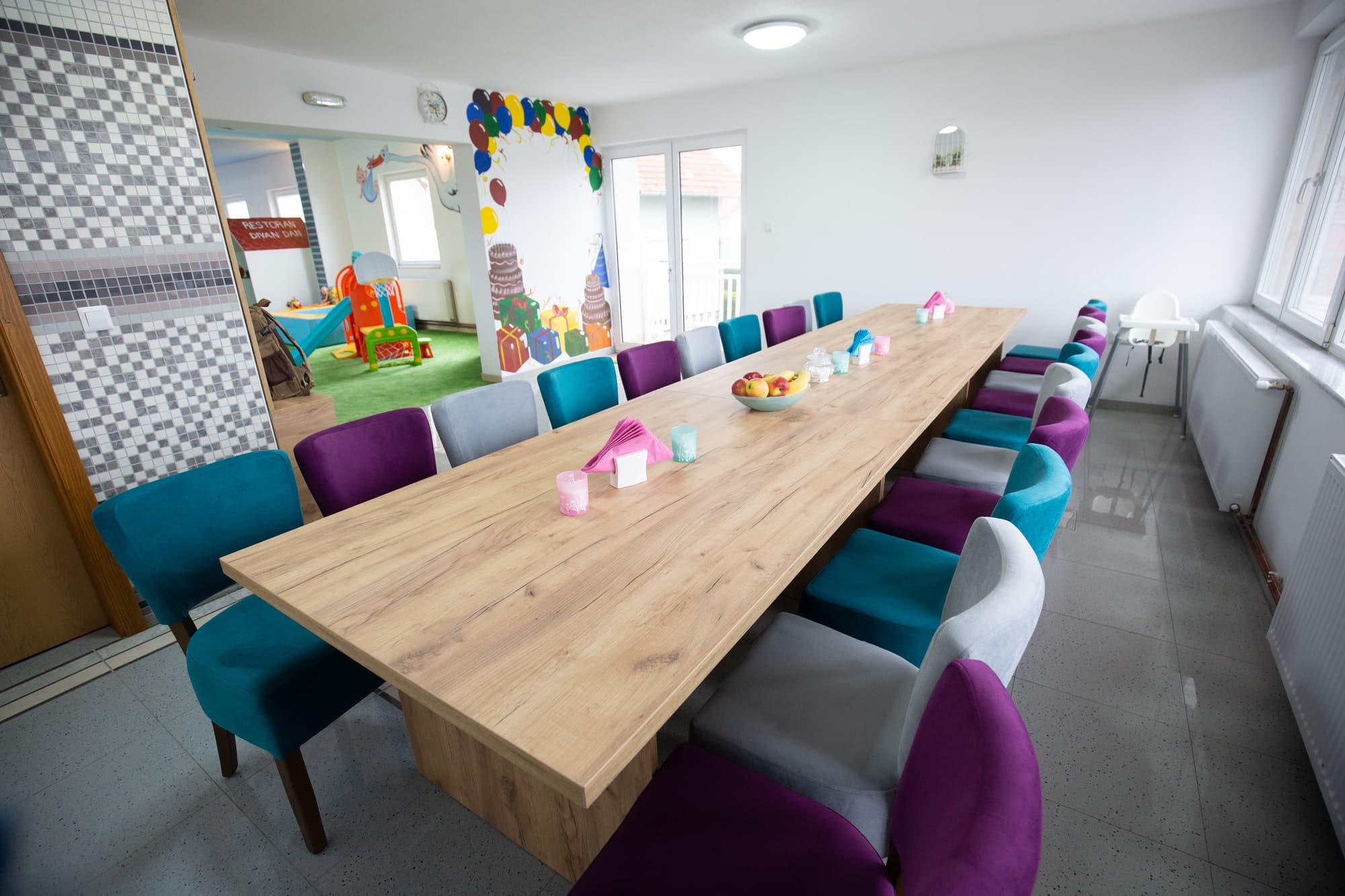Babies
Exploring the Pros and Cons of Starting an In-Home Daycare Business

Embarking on the journey of starting an in-home daycare is a significant decision that involves careful consideration of various factors. While it can be a rewarding venture, providing childcare services within the confines of your home comes with its own set of advantages and challenges. Here, we delve into the pros and cons of starting an in-home daycare business.
Pros of Starting an In-Home Daycare:
- Personalized Care:
- Pro: In-home daycares often provide a more intimate setting, allowing caregivers to offer personalized attention and tailored care to each child.
- Lower Startup Costs:
- Pro: Compared to opening a larger daycare facility, starting an in-home daycare typically involves lower initial costs. This can make it a more financially accessible option for aspiring childcare providers.
- Flexible Schedule:
- Pro: Operating from home provides flexibility in terms of working hours. In-home daycare providers can establish schedules that suit both their preferences and the needs of parents.
- Family-Friendly Environment:
- Pro: Children in an in-home daycare may experience a more homely and family-like atmosphere, fostering a sense of comfort and security.
- Limited Commute:
- Pro: Eliminating the need for commuting to a separate location saves time and allows providers to focus more on the children in their care.
- Lower Overhead Costs:
- Pro: In-home daycares generally have lower overhead costs, as they don’t require expenses related to leasing commercial space or maintaining a large facility.
- Community Connection:
- Pro: Being based in a residential area can strengthen ties with the local community, making it easier to connect with parents and establish trust.
Cons of Starting an In-Home Daycare:
- Space Limitations:
- Con: Limited space in a home may pose challenges, especially if there is a desire to expand the daycare or accommodate more children.
- Regulatory Compliance:
- Con: In-home daycares must comply with local and state regulations, which can include licensing requirements, safety standards, and background checks.
- Personal Privacy:
- Con: Operating a daycare from home may impact personal privacy, as caregivers need to navigate the balance between professional and personal life.
- Isolation:
- Con: Providers may experience a degree of isolation since the nature of the work involves staying within the home environment for extended periods.
- Limited Growth Potential:
- Con: In-home daycares may face limitations in terms of scalability and growth compared to larger daycare centers.
- Potential Zoning Restrictions:
- Con: Zoning regulations may restrict operating a daycare from certain residential areas, requiring thorough research and compliance.
- Variable Income:
- Con: Income in an in-home daycare business can be variable, especially if there are fluctuations in the number of enrolled children.
Conclusion:
Starting an in-home daycare is a decision that warrants careful evaluation of personal preferences, regulatory requirements, and business considerations. While it offers a unique opportunity to provide individualized care in a homey setting, potential challenges must be acknowledged and addressed. Aspiring in-home daycare providers should weigh the pros and cons to make an informed decision that aligns with their goals and aspirations in the childcare industry.


